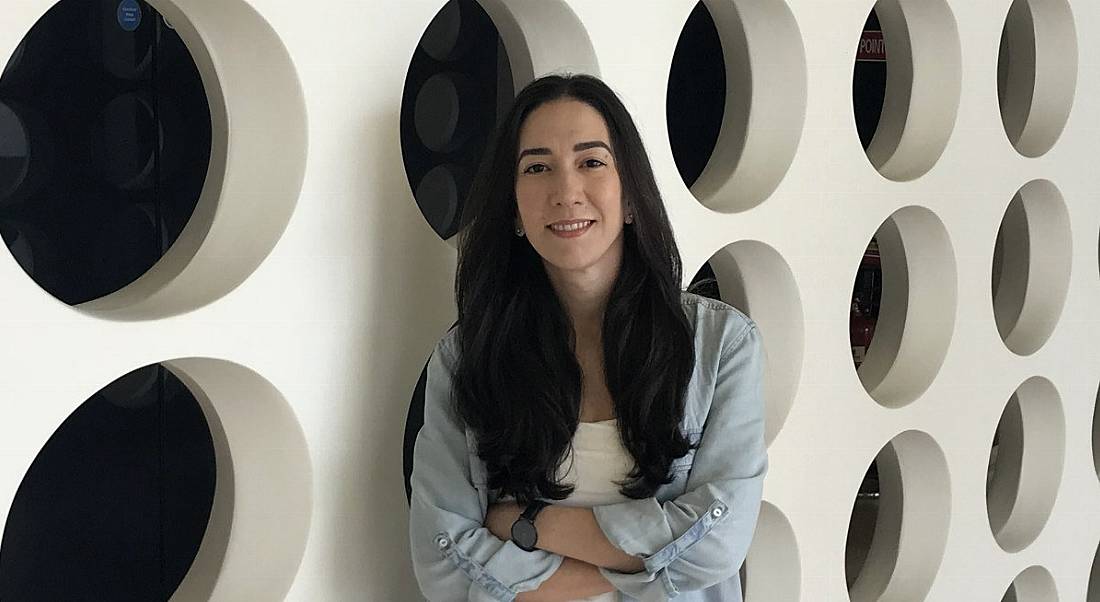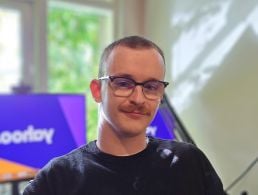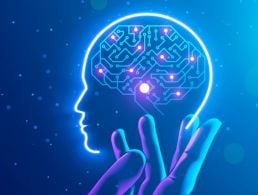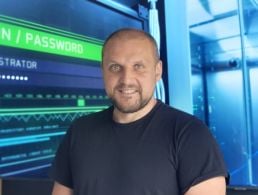It would be remiss to forget the importance of soft skills in STEM environments. Cristina Otero from Oath chatted to us about how she uses problem-solving and communication skills in her role as software development manager.
What kind of skills do you need to succeed in the world of software development? A number of the most popular coding languages will probably immediately spring to mind. But are you truly appreciating the importance of soft skills such as communication?
Cristina Otero is a software development manager at telecommunications giant Oath. It would be impossible for Otero to succeed in her role if she weren’t able to effectively communicate with her teams. We spoke to Otero about a typical working day at Oath and the impact the recent GDPR legislation has had on her job.
What is your role within Oath?
I’m a software development manager responsible for targeting systems part of ads platforms. My team provides back-end infrastructure to both demand and supply platforms in the suite of Oath Ad Platforms.
If there is such a thing, can you describe a typical day in the job?
A typical day involves checking progress on the different features my team is working on and making sure they don’t hit any blockers. Part of my work is to communicate with all the stakeholders to inform them about timelines and progress of the team, which is particularly challenging when you need to coordinate with teams spread across the world.
Another part of my day is invested in meeting with product managers and architects to review new asks from different parts of the business, evaluate if we already provide a solution and, if not, how long, how many people and by when these features are needed.
What types of project do you work on?
This year, GDPR has taken up most of our focus due to the nature of the systems we support. In our case, since we work for advertising platforms, the stakes were high.
When you see an ad on a page or in an app, you don’t really know how many systems are behind it and how fast they need to work to show you the right ad within milliseconds. So, for GDPR, we not only faced technical challenges but we also had to coordinate with many teams within the organisation, and with all our partners and customers (advertisers and publishers) to make sure we were compliant.
The teams I’m responsible for have a skillset for high-performance and low-latency systems. I’m working at the moment on new areas for them that could suit those skills. We met this week with the leadership team and talked about digital out-of-home initiatives, location services and changes in the industry such as intelligent tracking prevention 2.0 and how to tackle those.
What skills do you use on a daily basis?
Mostly communication skills in the sense of negotiating timelines and priorities with different stakeholders so my team has time and bandwidth to deliver quality solutions. This also requires understanding what each stakeholder wants and how we can add value.
Problem-solving is another skill used on a daily basis. It could be related to solving a technical issue, or facilitating the discussion on how to design or approach a new requirement between different teams and get a decision and commitment from them.
Lately, I’ve also been asked to present different topics to senior leadership, so I had to polish my presentation skills. I have to put together information, analyse data and present it in a way that is relevant to the audience. When it comes to transmitting a message that way, it is important to remember that sometimes less is more.
What is the hardest part of your working day?
The hardest part is staying focused and not getting sidetracked. There are urgent things and important things, and finding the balance between the two is sometimes difficult.
Do you have any productivity tips that help you through the working day?
Bring your notepad. This is for two reasons; for one, my team is responsible for five systems and it’s very easy for me to forget. I take note of everything I need to do and my team needs to do. Every day, first thing in the morning, I review what is left to do, what is in the calendar and prioritise that list.
The other reason is that when you meet with someone, it shows that you are interested and paying attention if you’re taking notes.
When you first started this job, what were you most surprised to learn was important in the role?
Before this job, I was working on electronic voting systems – nothing to do with advertising and the scale at which we currently work (more than 1m queries per second). So really, I was surprised by all the different teams in different offices that have to work together to accomplish the common goal and deliver a feature.
We are an international team. When I started, we were part of the data services team and worked on a daily basis with teams in Dulles (Washington DC), New York, Boston and Baltimore.
After Yahoo and AOL got together, we joined the targeting team in Sunnyvale, California. We travelled there to meet the other half of the team and now we work with them and the rest of the offices on a daily basis.
It’s really important to communicate goals and expectations to everyone to make sure every piece of the machine is in sync.
How has this role changed as this sector has grown and evolved?
Oath is third in advertising competing with Google and Facebook. Since the roll-out of GDPR legislation and other events related to the use of data, all three face challenges in terms of transparency.
There will be more regulations coming, so we need to do our best to provide visibility regarding the data we have, the processes we apply and how we use it.
The other change comes from how the industry is moving towards a ‘cookieless’ world and how we adapt and find new opportunities to add value to our users, customers and partners. In this regard, data analytics plays a huge role.
We already use big-data technologies – Hadoop, Storm, Spark, Druid – and we rely on AWS and Yahoo data centres to run our applications and systems. We are definitely in a continuous learning process to understand the data and apply what we learn.
As part of Verizon, there are interesting opportunities ahead of us once they roll out 5G. There will be a new space for content and advertising, and we really want to be part of it.
What do you enjoy most about the job?
I’m fortunate to work with very talented people and I get to learn a little bit more of the business every day thanks to them.
I have a very diverse team – people from Spain, Brazil, Italy, China and of course Ireland. Every one of them brings a different perspective to the table, very creative solutions and very robust at the same time. The company has a great culture, very inclusive, with people from all over the world.
Updated, 4.20pm, 13 September 2018: This article was updated after clarification from Oath to reflect the new suite of Oath Ad Platforms.




